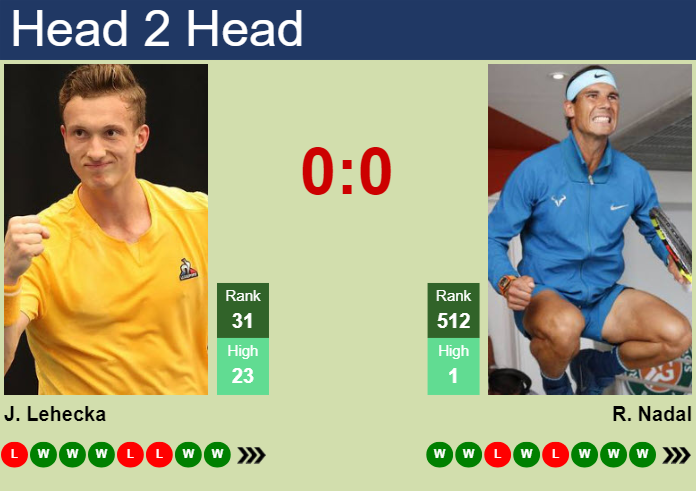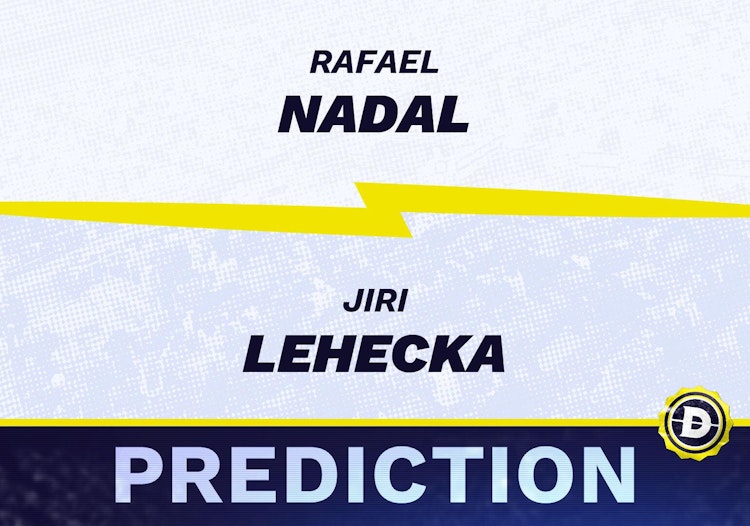Hey everyone, so I was digging into this whole Rafael Nadal vs. Jiri Lehecka match-up that’s happening at the Madrid Open. These two are going head-to-head in the fourth round, and I thought, “Why not try to figure out who’s gonna come out on top?”

I started by looking up some basic info, you know, like previews and predictions from different sources. I found out that this is a pretty big deal since Nadal is a five-time champion at this tournament, and Lehecka is considered a rising star in the tennis world. This match was scheduled for Tuesday, April 30th, so it’s all pretty fresh.
Then, I tried to get a bit more technical. I stumbled upon a site that claimed to have simulated the match 10,000 times using some kind of computer model. Sounds fancy, right? It was supposed to give the most up-to-date predictions. I also found some expert analyses that broke down the players’ strengths and weaknesses, past performances, all that jazz.
- Gathered Information: I started with the basics, browsing various websites for match previews, head-to-head records, and any predictions I could find.
- Checked Expert Opinions: I looked at what tennis experts were saying about the match, their analyses of the players, and their betting tips.
- Explored Computer Simulations: I was intrigued by the computer model that simulated the match thousands of times and tried to understand what factors it considered.
- Compared Predictions: I noticed that many sources were leaning towards a specific outcome, but I wanted to see the reasoning behind those predictions.
- Formed My Own Opinion: After soaking in all this information, I started to develop my own thoughts on how the match might play out. It’s like piecing together a puzzle, you know?
My Process:
Honestly, trying to predict the outcome of a tennis match is a lot harder than it looks! There are so many things to think about – the players’ current form, their history on clay courts, the pressure of the tournament, even the weather conditions. After looking at everything, I had a gut feeling about who might win, but in sports, anything can happen. That’s what makes it so exciting, right?
In the end, I realized that while these predictions and analyses are fun and can be helpful, they’re not foolproof. It’s all about probabilities, and there’s always an element of surprise. I’m just glad I got to dive into the data and learn more about these two incredible athletes. It made watching the match even more engaging because I felt like I had a better understanding of what was at stake.
So yeah, that’s my little adventure into the world of sports predictions. It was definitely a learning experience, and I’m curious to see how my amateur analysis stacks up against the actual result. Did I get it right? Did I totally miss the mark? Only time will tell! I hope my little journey inspires you to do some digging of your own. Cheers!











